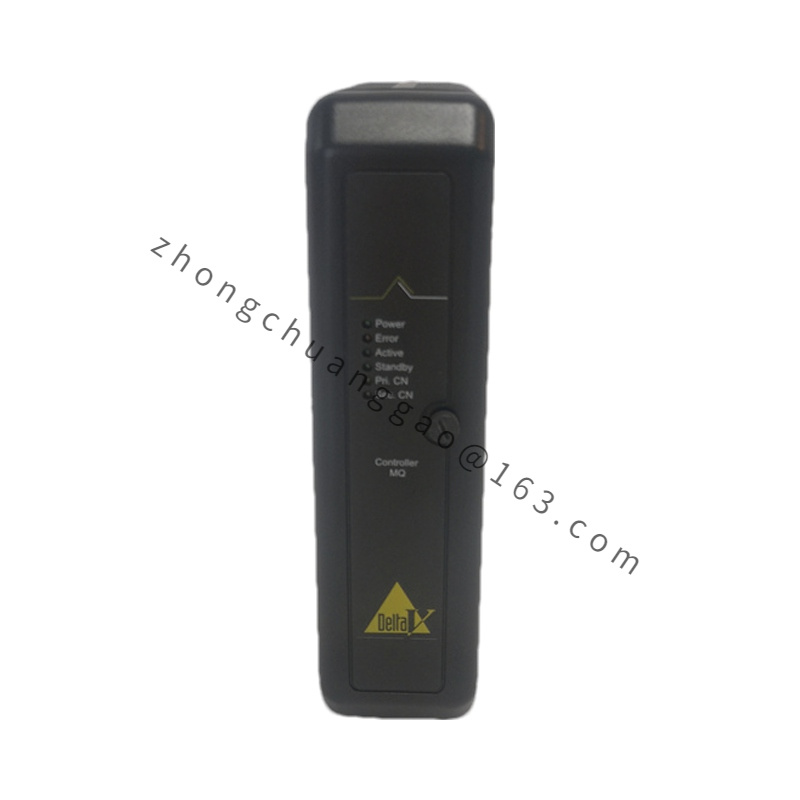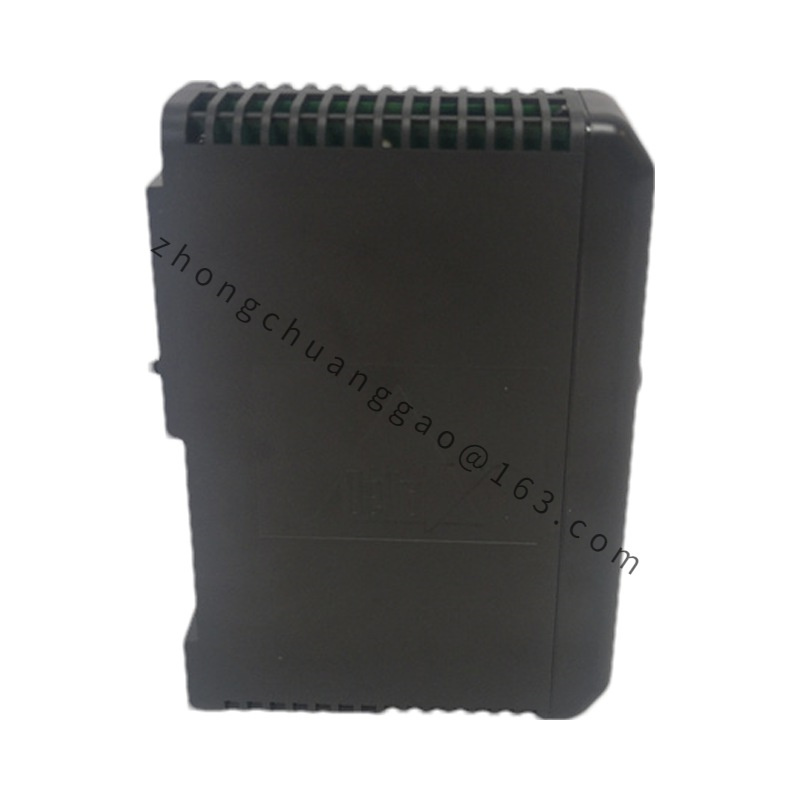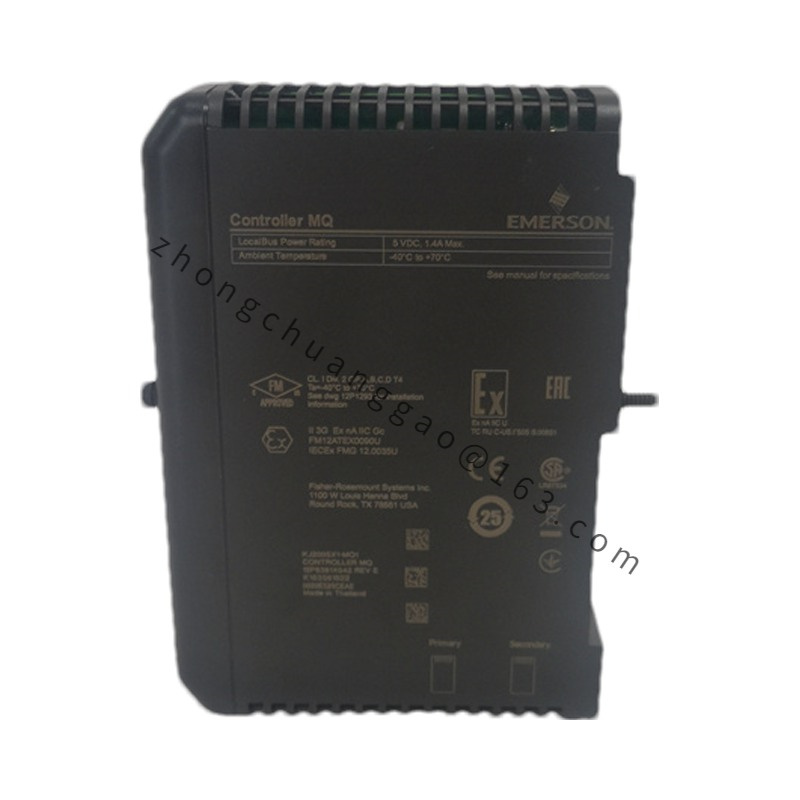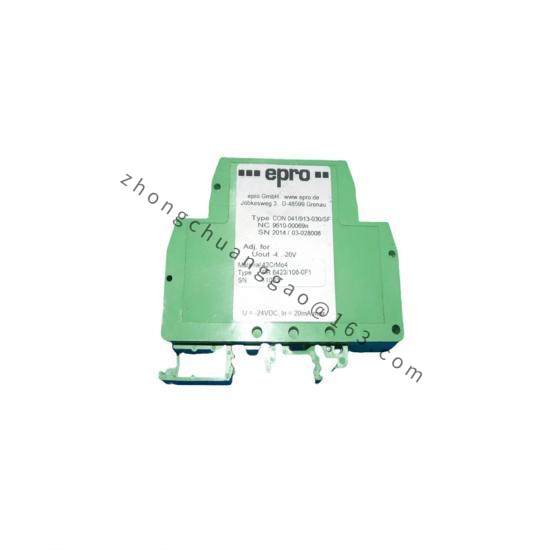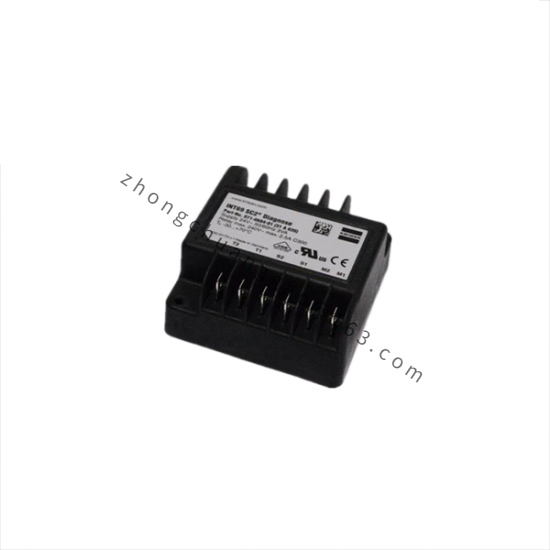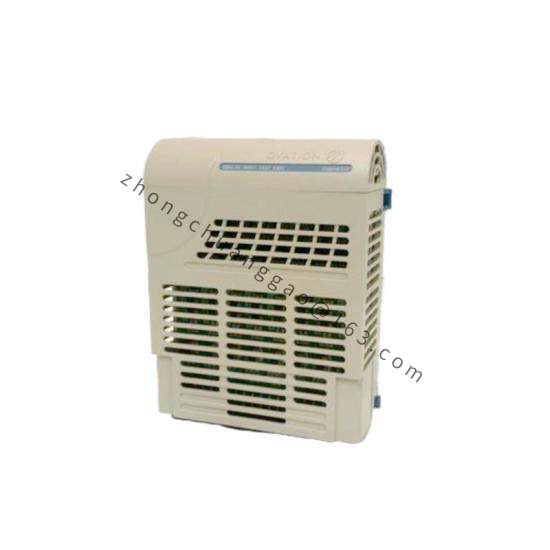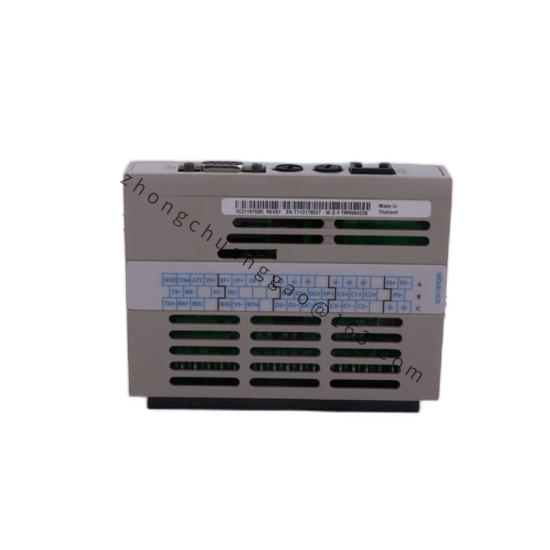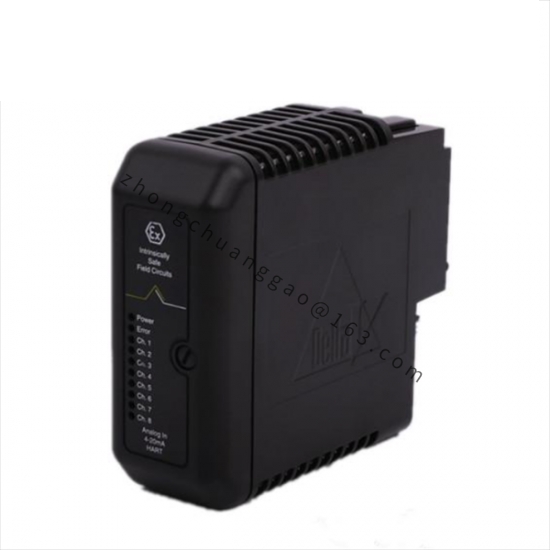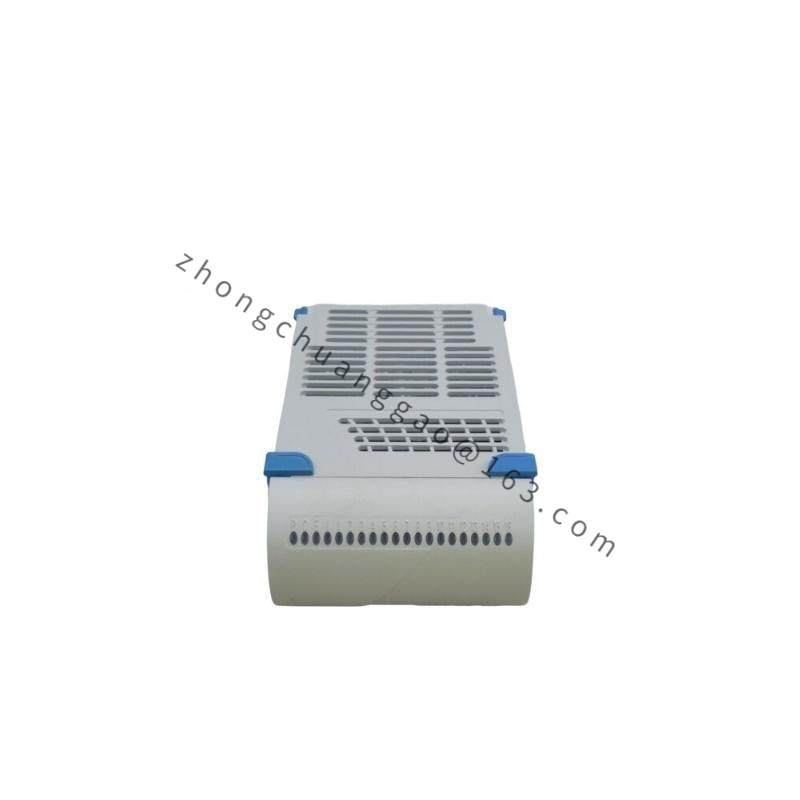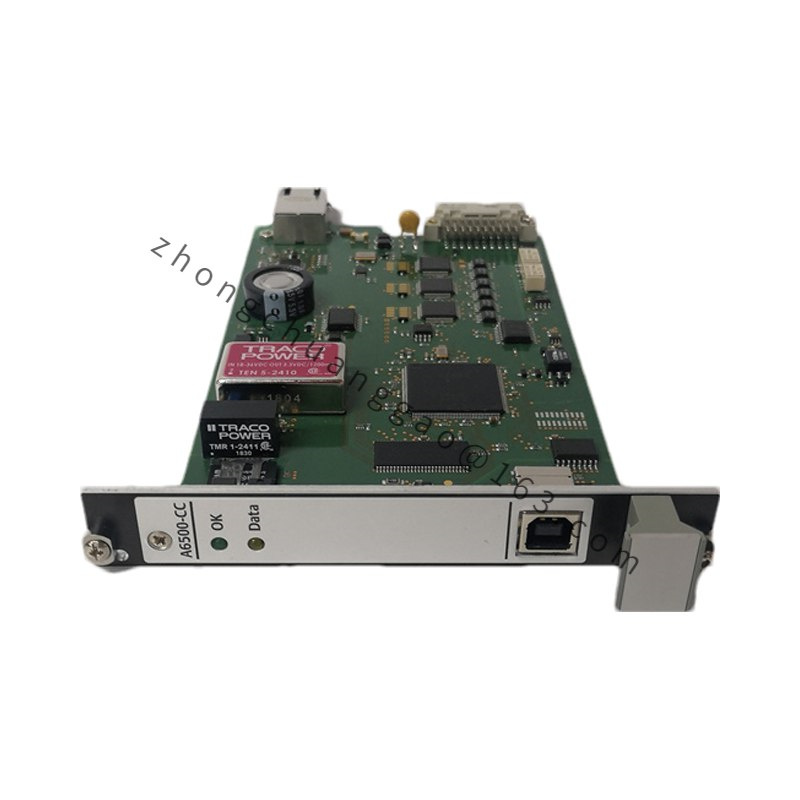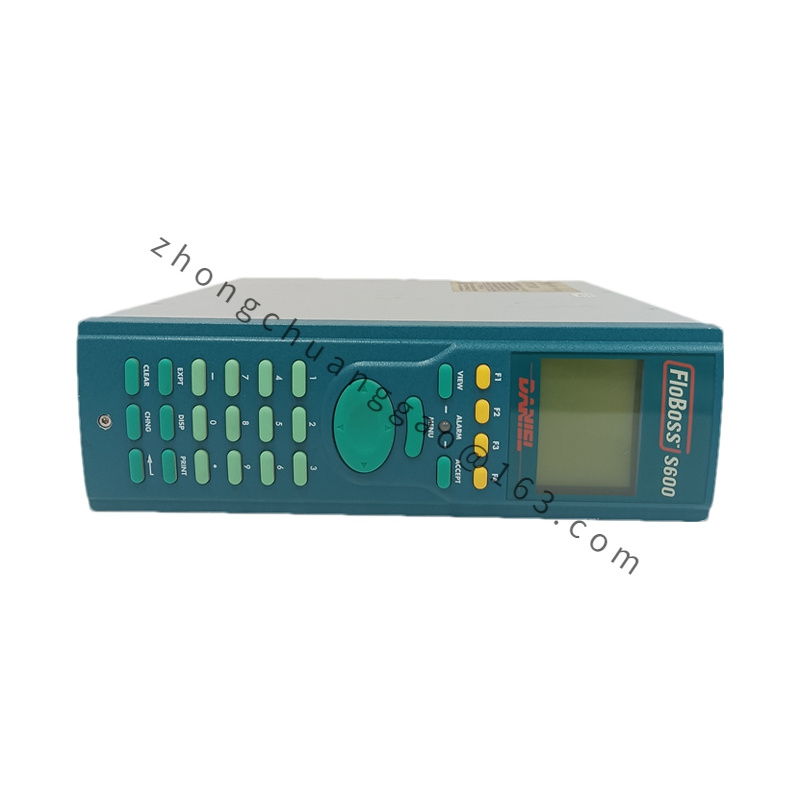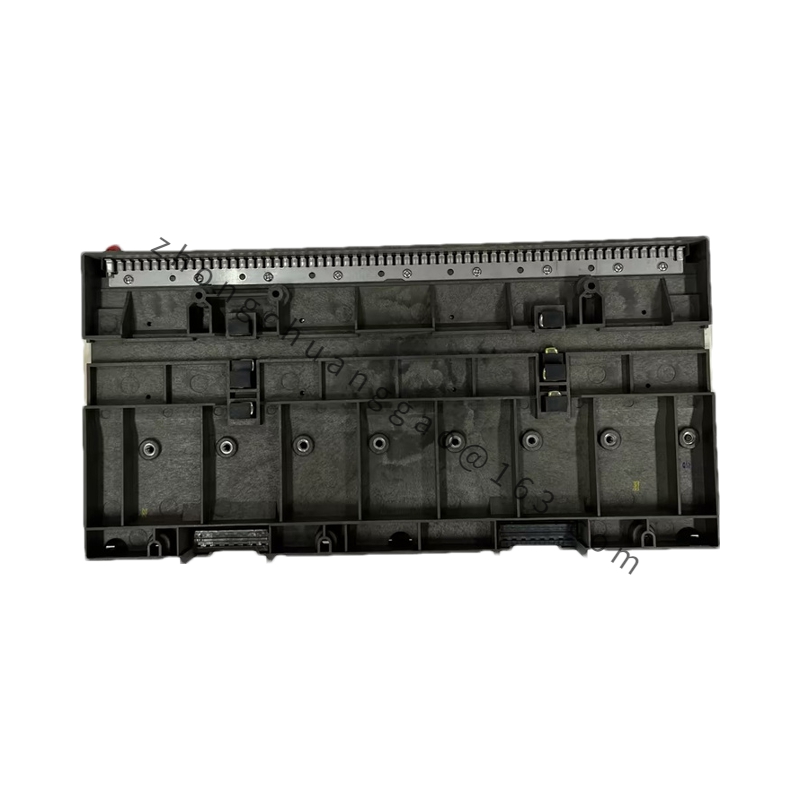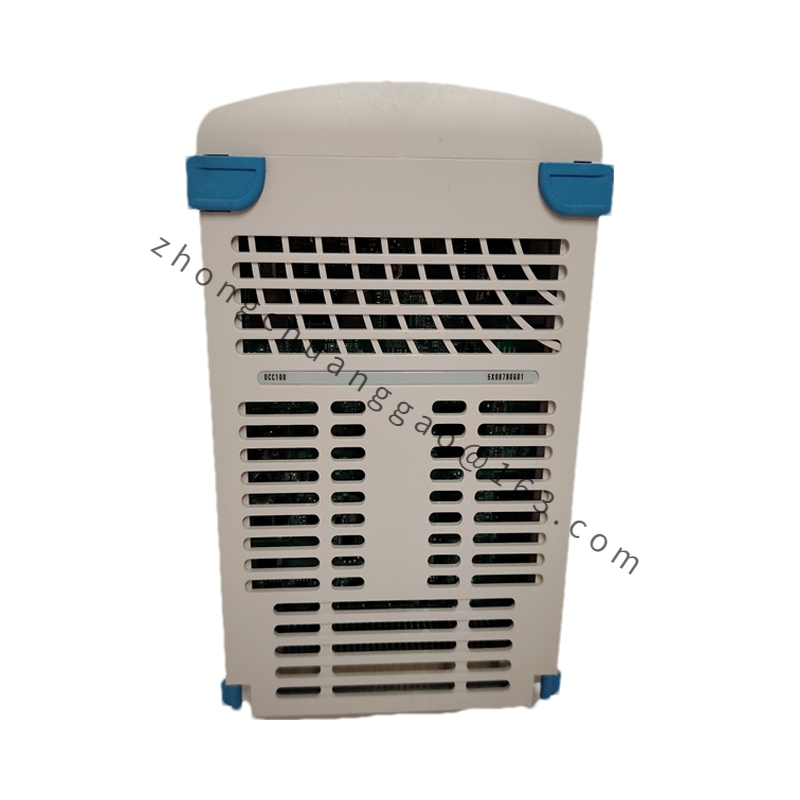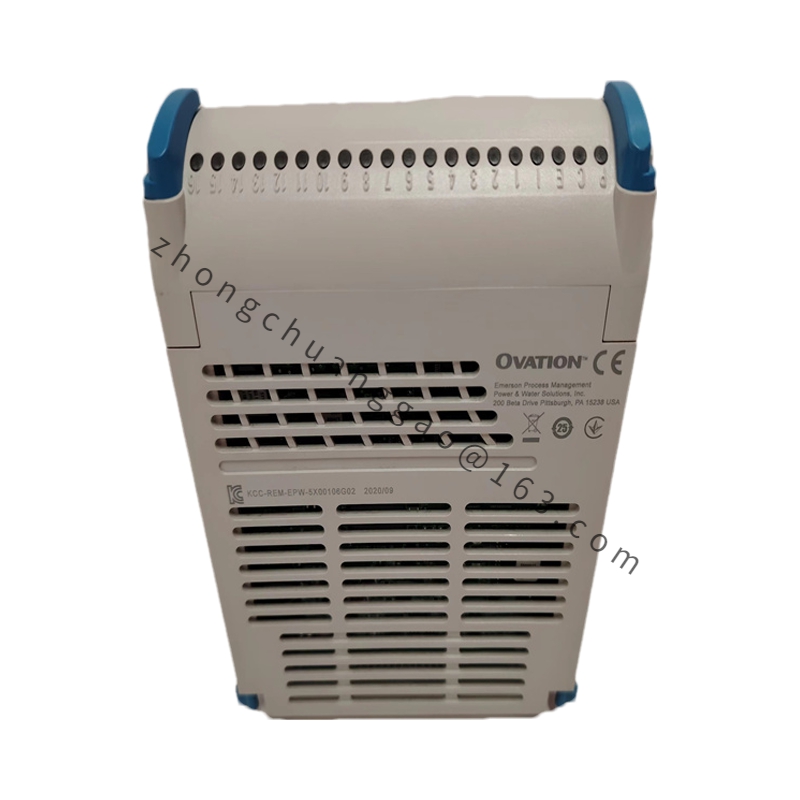Detailed content
Technical Specifications
- Type: Discrete Input (DI) Module
- Model Number: VE3008
- Channels: Typically features 8 discrete input channels.
- Input Voltage: The module supports a range of input voltages, often accommodating 24V DC signals, which are common in industrial environments.
- Input Type: The inputs are designed to detect the presence or absence of a voltage signal, corresponding to ON/OFF states in field devices.
- Isolation: The channels are usually galvanically isolated to protect against electrical interference and to ensure the integrity of the signals.
- Signal Types: Compatible with dry contact, open-collector transistor, or voltage signals, making it versatile for different input types.
Features
- Real-Time Input Monitoring: The VE3008 allows for real-time monitoring of discrete inputs, providing immediate feedback on the status of connected devices such as switches, sensors, and relays.
- Diagnostic Capabilities: Includes diagnostic features that can detect wiring issues, such as open or short circuits, ensuring reliable operation and easy troubleshooting.
- Hot-Swappable: The module is designed to be hot-swappable, meaning it can be replaced or installed without shutting down the entire system, minimizing downtime during maintenance.
- LED Indicators: Each input channel typically has an LED indicator that provides a visual status of the input, helping operators quickly identify the state of each channel.
- System Integration: Seamlessly integrates with the DeltaV DCS, allowing for easy configuration and integration into larger process control systems.
Application Scenarios
- Process Automation: Used extensively in process industries such as chemical, pharmaceutical, oil and gas, and power generation, where it helps in monitoring and controlling various field devices.
- Safety Systems: Often employed in safety-critical systems to monitor emergency shutdown devices, alarms, and other critical safety controls.
- Manufacturing: In manufacturing environments, the VE3008 can be used to monitor the status of machines, conveyor systems, and other automated equipment.
- Building Automation: Also applicable in building automation systems for monitoring and controlling various subsystems, such as lighting, HVAC, and security systems.

